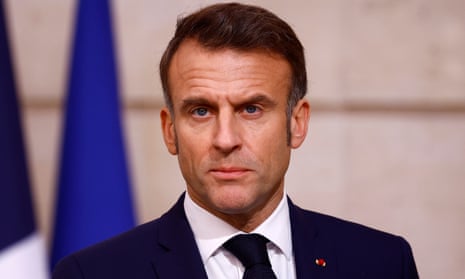French prime minister Michel Barnier is bracing for a no-confidence vote tomorrow (or possibly Thursday). The high-stakes parliamentary vote could trigger a financial crisis for the eurozone’s second-largest economy and powerful EU member. If Barnier loses the vote, he will likely stay in power in a caretaker capacity while the country’s unpopular president, Emmanuel Macron, tries to find a replacement, but there is a range of other possibilities. Here is a little more detail about what will happen if the government falls (full explainer here):
Barnier has said there could be “serious financial turbulence” if his budget fails to pass and the government falls, and markets have already responded with alarm, with the interest rate on French bonds coming close to that of their Greek counterparts last week.
There is no fear of a US-style shutdown since France’s constitution allows for a government – possibly even a caretaker government – to pass an emergency law in effect prolonging the previous year’s budget for a few months, so public sector workers, for example, continue to be paid.
In terms of France’s governance, if the National Rally (RN) does join forces with the left-leaning New Popular Front (NFP) to bring Barnier down, Macron has a range of choices. But he is constitutionally constrained by the fact that, because he dissolved parliament in June, he cannot do so again until June 2025.
The president could simply reinstate Barnier as prime minister, which parliament would see as provocative and most observers therefore consider unlikely. He could also ask France’s warring political parties to try to build a new coalition, this time with more support.
That could, for example, involve renewed centrist attempts to peel more moderate elements of the NFP, including the PS, away from the leftist bloc. Although the NFP has frequently appeared fractured, there is no guarantee that would work.
Macron could also decide to appoint a technocratic government to oversee France’s administration for another six months. Finally, he could himself resign, triggering new presidential elections, but for the time being that is seen as unlikely.
